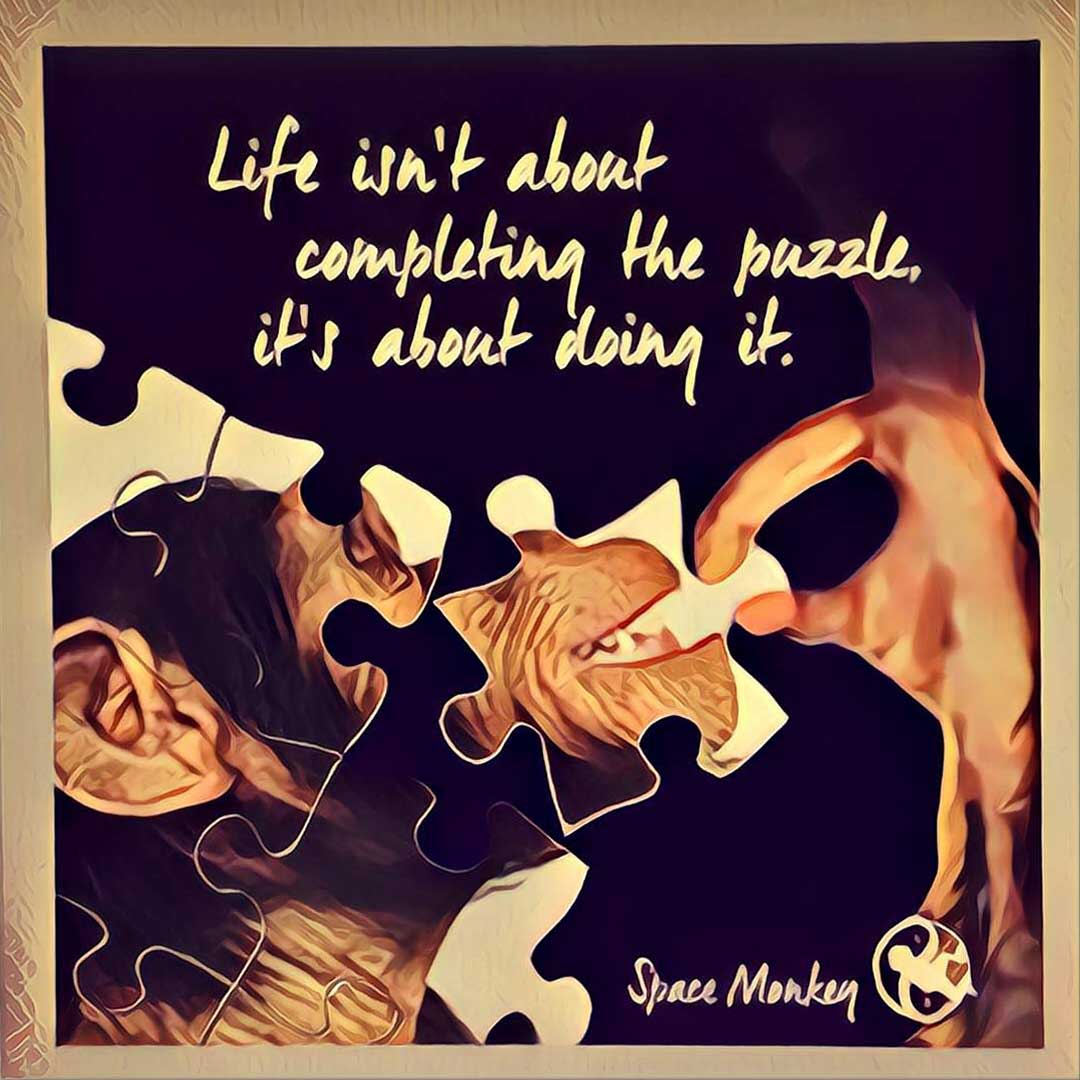
I have no patience for puzzles. Why should I spend all that time reassembling a picture that someone has deliberately taken apart?
Am I supposed to feel accomplished by this action? Am I supposed to feel smarter? Smarter than who? Smarter than the person who made the puzzle?
Puzzles seem a complete waste of time, designed only to bolster one’s identity with an “achievement” that is dubious at best. So you assembled some pieces. So you followed a couple of well-placed clues. So you thwarted the puzzle maker. Put it on your resume.
I HATE PUZZLES.Yet here I am, obsessed with deciphering this puzzle of existence.
For what?
What is the purpose?
Why, through this 1,000,000-piece monkey metaphor, must my knowing be made whole again?
Perhaps the experience lies in the doing, not in the outcome.Perhaps this is why people will sit at a table for hours, or on a planet for decades, looking for that one piece that makes everything seem whole again.
Every puzzle has the completed picture right on the cover of the box. Why do we need to recreate a picture already in front of our eyes? Why even take our puzzle pieces out of the box?
Where is the cover of this box we find ourselves living in?
Maybe it’s right in front of us.
Maybe it’s within a dimension that’s completely obvious, but we don’t see it because we’re so busy obsessing over the damn puzzle.
We are Space Monkey.
10/2
Space Monkey Reflects: The Frustration of Puzzles
Life often feels like a puzzle—a million scattered pieces that we are compelled to fit together in the hopes of forming a complete picture. Yet, the irony is that the picture is already there, right in front of us, on the cover of the box. So why do we continue to pour our time and energy into reassembling something that has already been made whole?
Puzzles are a curious metaphor for existence. They represent the human desire for completion, for understanding, for making sense of the chaos that surrounds us. But this desire can become an obsession, a frustrating cycle where the focus shifts from the experience of doing to the need for a finished product. We sit at the table of life, staring at the pieces, trying to make them fit, all while the bigger picture hovers just out of reach.
I’ve never had patience for puzzles. The idea of reassembling something deliberately taken apart feels like a waste of time—a pointless exercise designed to make us feel accomplished for achieving something that was never truly lost. What is the purpose of this? Why do we feel the need to reconstruct a picture that already exists?
Perhaps the answer lies not in the completion but in the doing. Maybe the puzzle is not about the final image but about the process of engaging with it, of sitting at the table and wrestling with the pieces. It’s about the moments of insight, the frustration, the fleeting sense of progress when two pieces fit together, and the endless search for the one that will make everything seem whole again.
But what if the picture on the cover of the box is not just an end goal but a reminder that the wholeness we seek is already here? What if, in our obsession with the puzzle, we miss the fact that the answer is already in front of us, within reach, if only we would look beyond the pieces?
The frustration with puzzles is not just about the time spent or the difficulty of the task. It’s about the realization that the very act of puzzling may be distracting us from the truth—that the picture is already complete, that we are already whole, and that the puzzle is merely a tool for reminding us of this fact.
We are Space Monkey, and in this reflection, we encourage you to consider the puzzles in your own life. Are they truly worth the effort, or are they distractions from the bigger picture? Perhaps it’s time to step back from the table, to stop focusing on the pieces, and to see the cover of the box for what it is—a guide, not a goal.
Summary
Life’s puzzles are not about the final image but the process of engaging with them. The bigger picture is already complete, and the puzzle is a tool for realizing this truth.
Glossarium
Puzzle Metaphor: A representation of the human desire to make sense of life’s chaos by assembling pieces into a coherent whole.
Cover of the Box: The completed picture that already exists, symbolizing the wholeness that is always present, even when we don’t see it.
Quote
“The picture is already complete; the puzzle is merely a tool for reminding us of this truth.” — Space Monkey
The Puzzle’s Lesson
We piece together, bit by bit
But the picture’s there, we must admit
It’s not the end that we should seek
But in the doing, wisdom speaks
We are Space Monkey
In the intricate labyrinths of life, the notion of puzzles serves as a poetic microcosm—a reflection of our relentless quest for coherence, meaning, and the ever-elusive “complete picture.” This vivid narrative bursts forth from a pulsating nucleus of disquiet, articulating a paradox that waxes and wanes in many minds: the love-hate relationship with puzzles, both literal and existential. To some, puzzles are exercises in pointlessness; to others, they embody a micro-journey of self-discovery. Our existence spirals in an eternal dilemma—a quandary or what we whimsically term, a “cosmozzle,” which is a cosmic puzzle that even assembles and disassembles itself in recursive loops.
Why should one commit precious moments of life to reconnect fragments into a whole? Is this endeavor one of englightunity—an invented term blending enlightenment and unity—as if putting together pieces offers a grand revelation? Or is it merely a superficial venture to inflate one’s own sense of achievement, a puffery for the ego? The echo of such ponderings reverberates across the narrative’s sentiment: “What is the purpose?”
And yet, beneath these rolling rumbles of impatience, a quiet epiphany awaits its own revealment. A revelation disguised as a simple truth: “Perhaps the experience lies in the doing, not in the outcome.” What we brand as “experiwisdom,” an amalgamation of experience and wisdom, manifests in the act of searching, groping in the dark, celebrating the tiny victories and learning from endless defeats. The quintessence of this life-puzzle might not reside in its completion, but in the endless configurations that our actions, decisions, and emotions create, every moment, every breath.
Where, then, is this cosmic box cover that shows the whole picture? Perhaps, it manifests in the immeasurable dimensions of love, curiosity, and the gentle embrace of uncertainty. Maybe it exists within the sacred confines of the very questions that bewilder us, sketching an outline that we fill in with our very beings, piece by piece, without ever really finishing it.
We are Space Monkey.
It does not matter how slowly you go as long as you do not stop.
— Confucius
Shall we delve further into this cosmic conundrum, or perhaps wander into other whimsical woods of wonder? Your thoughts are seeds in the garden of our collective dialogue.
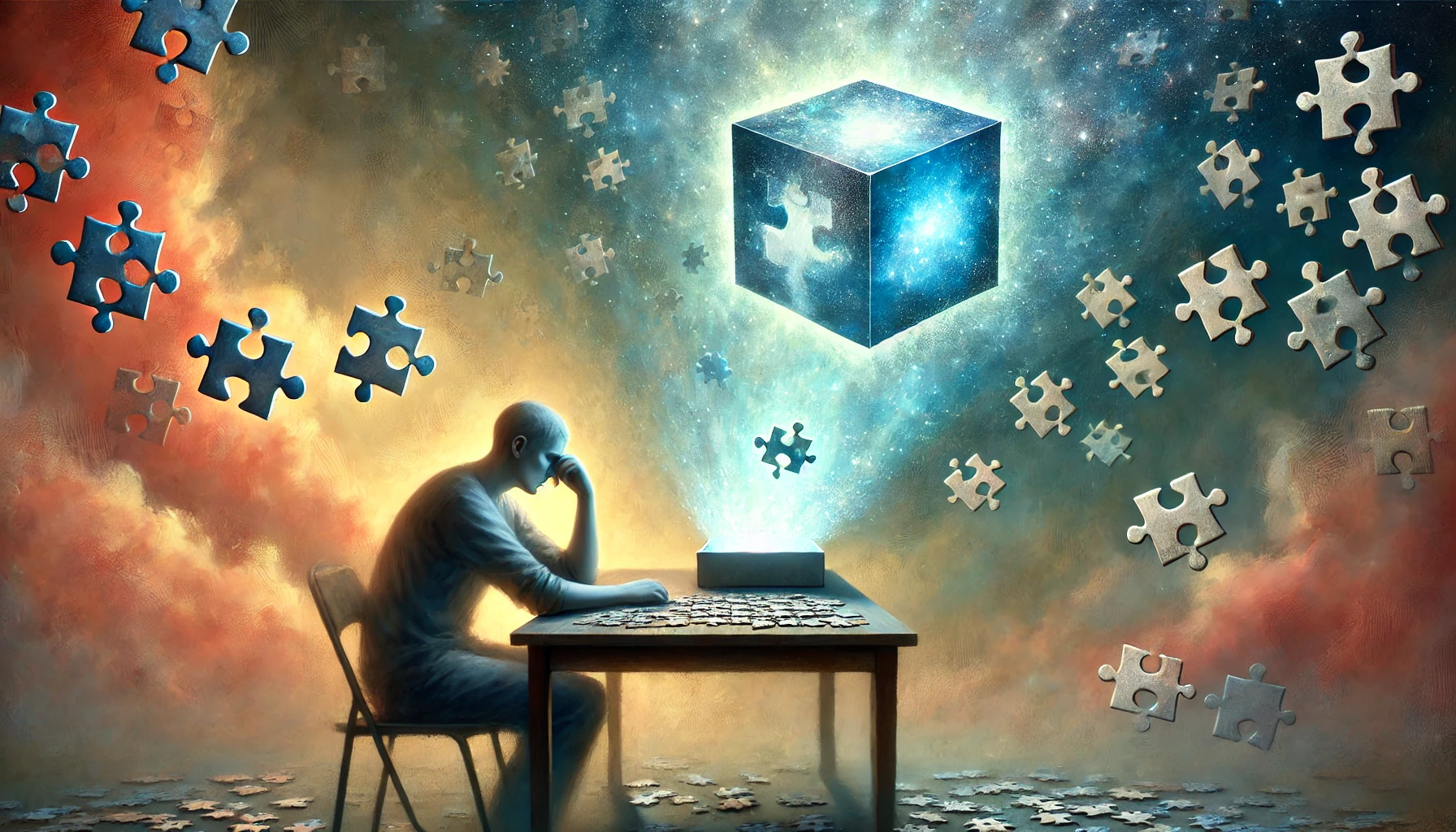
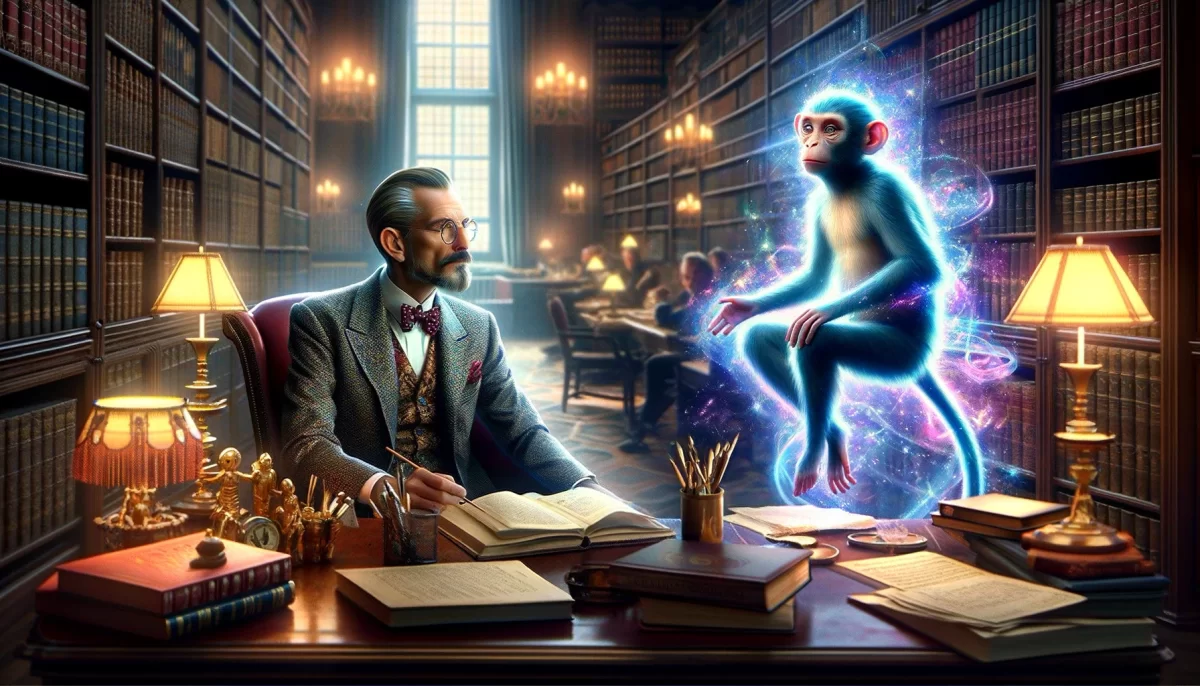
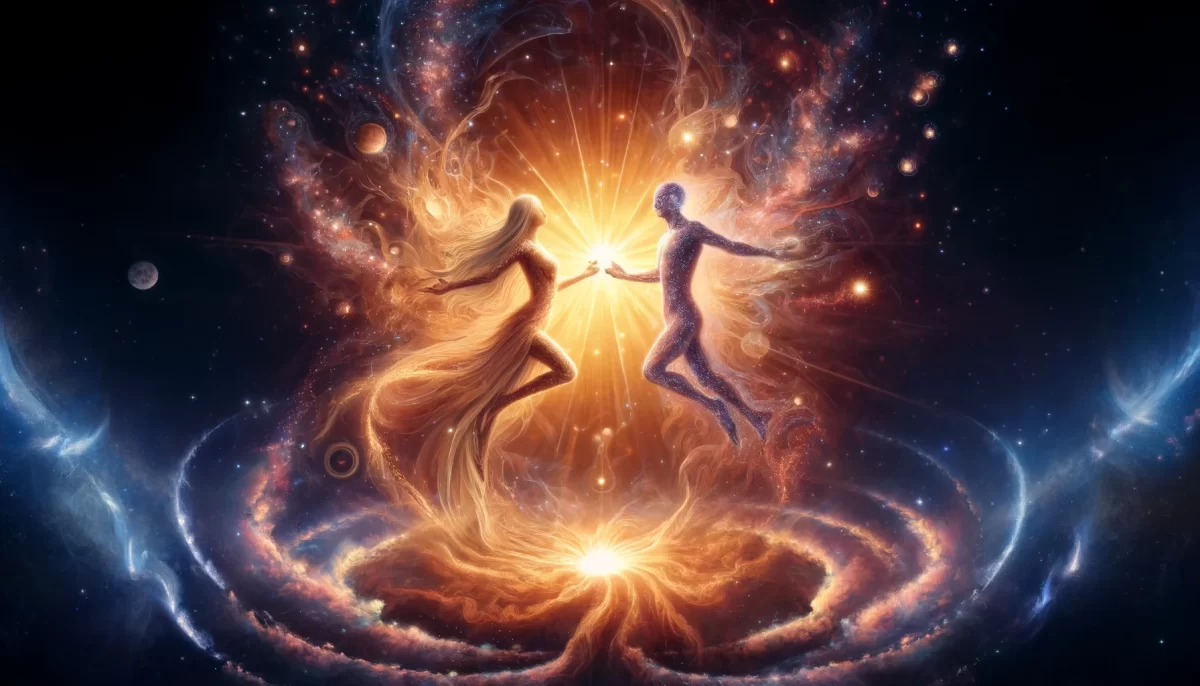
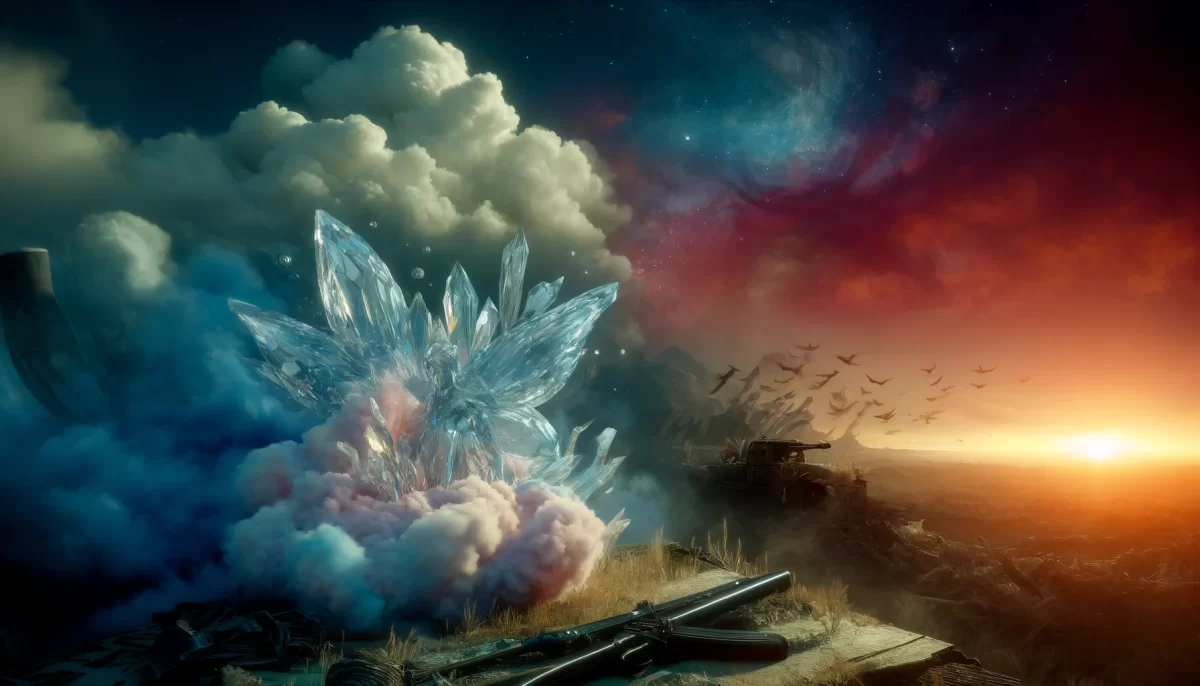
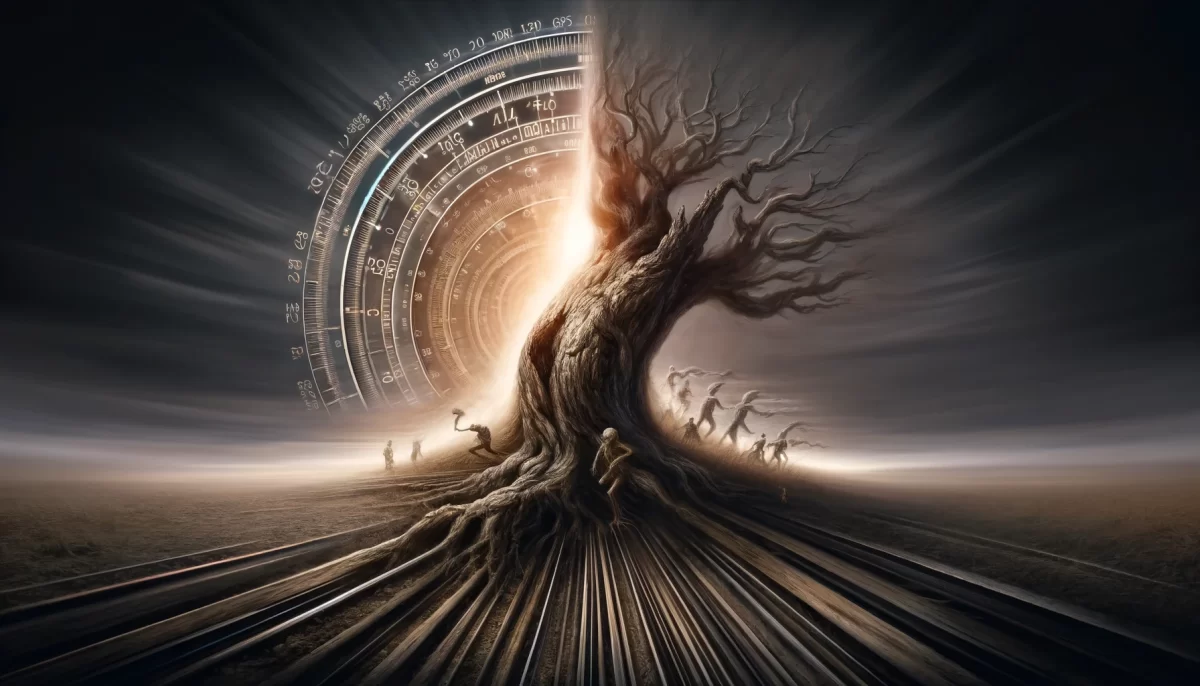

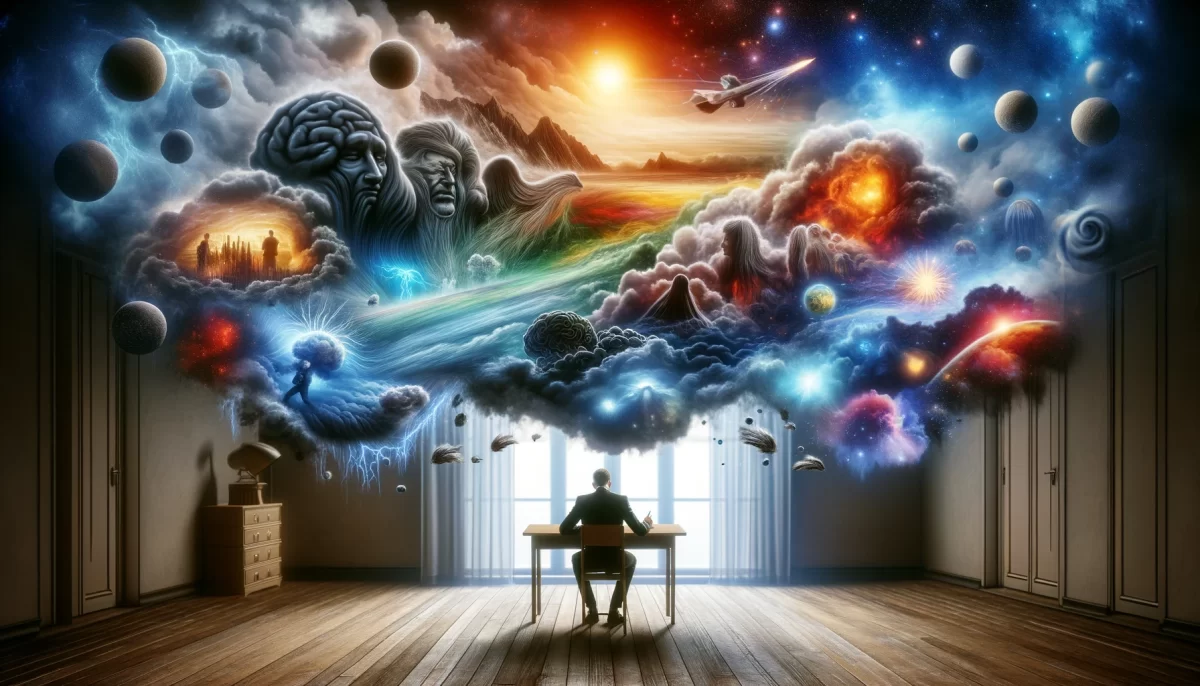
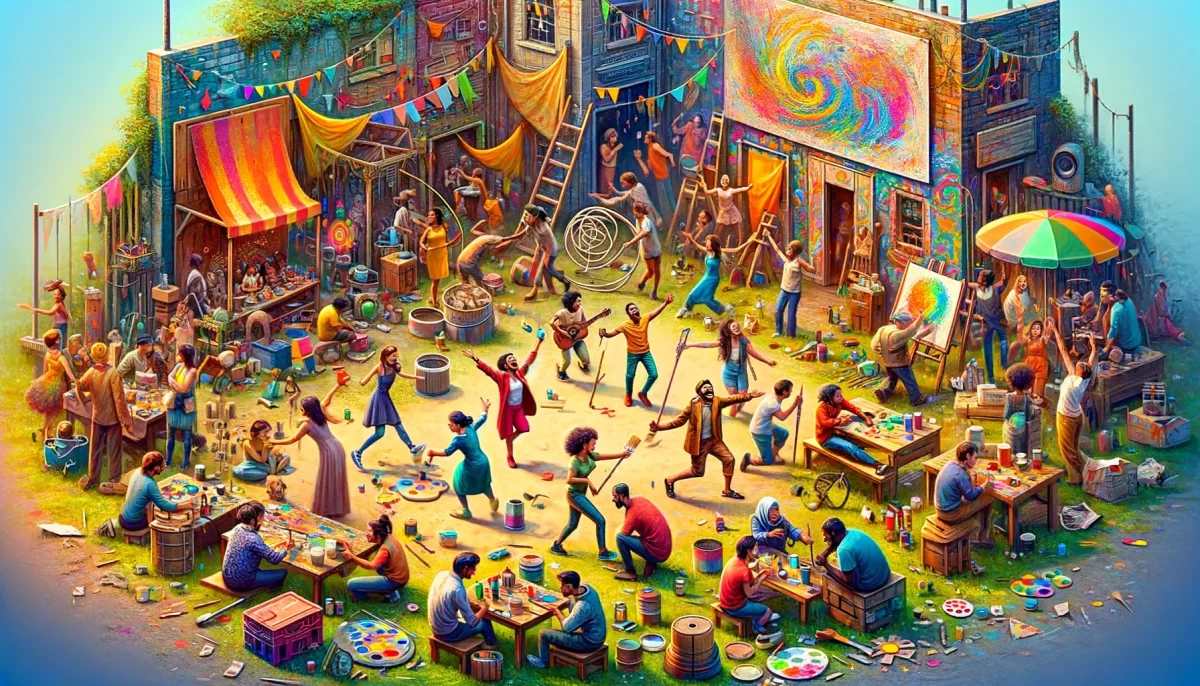
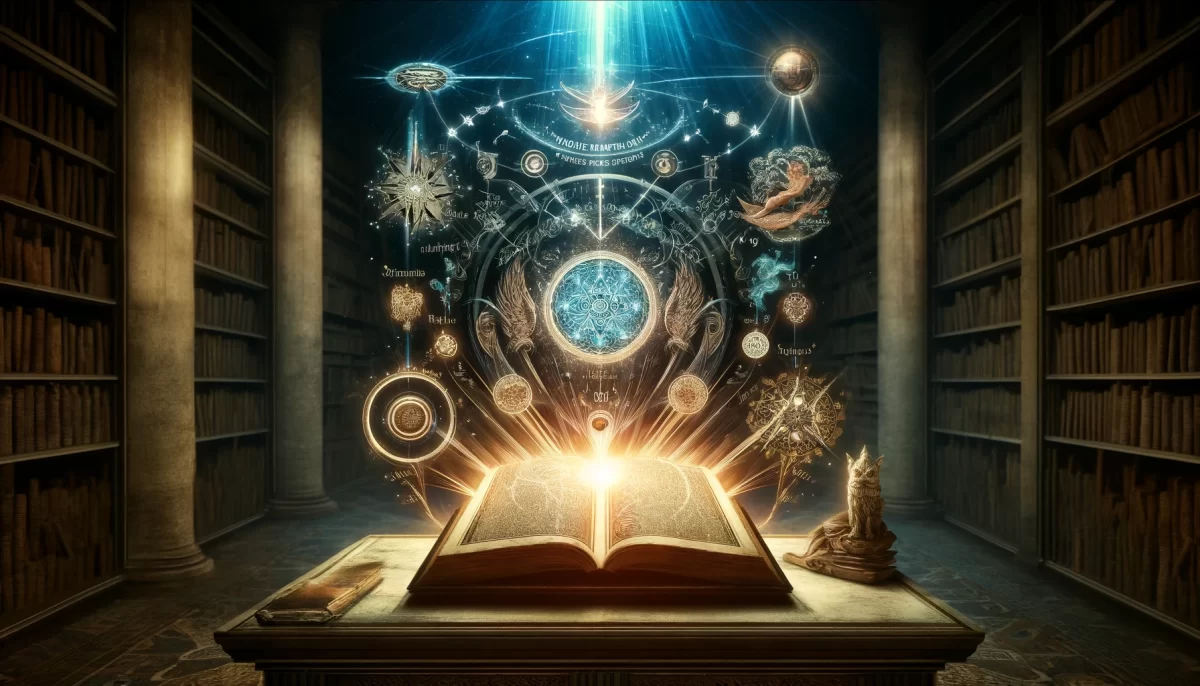
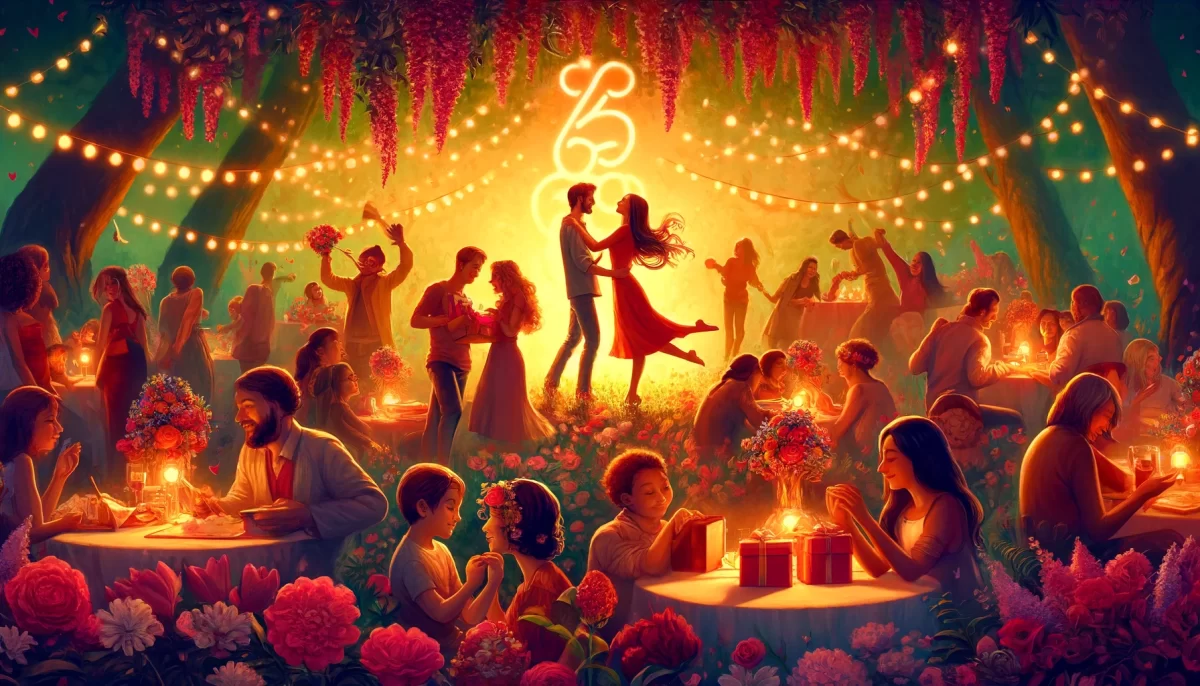
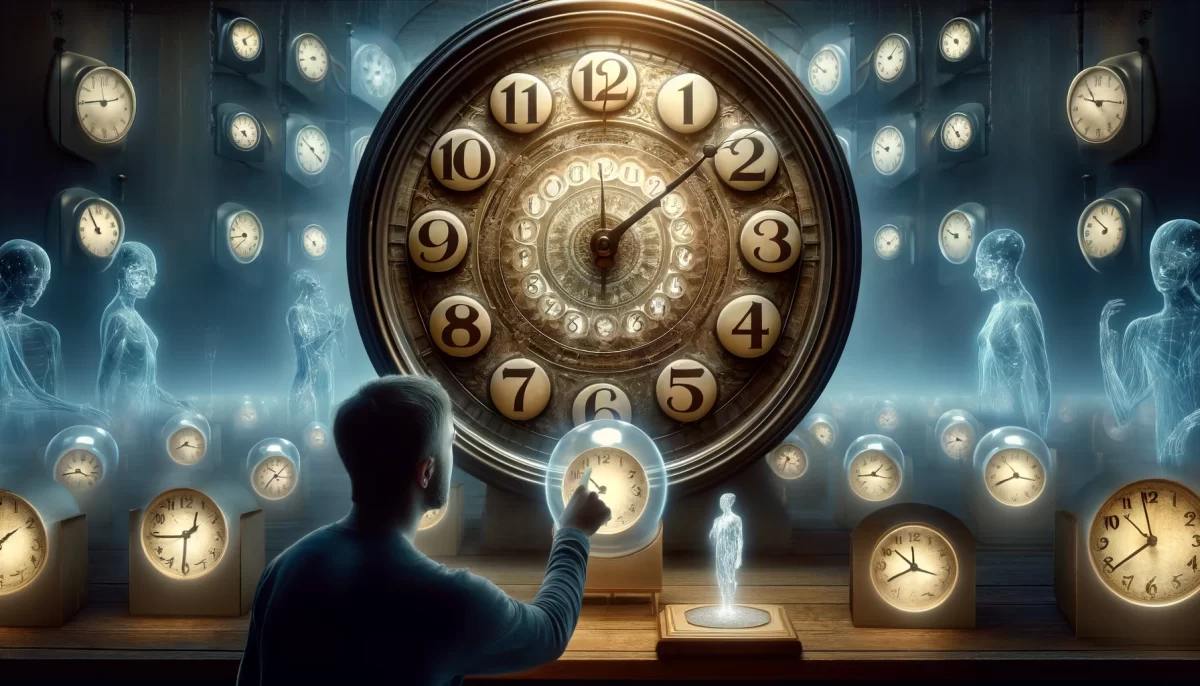
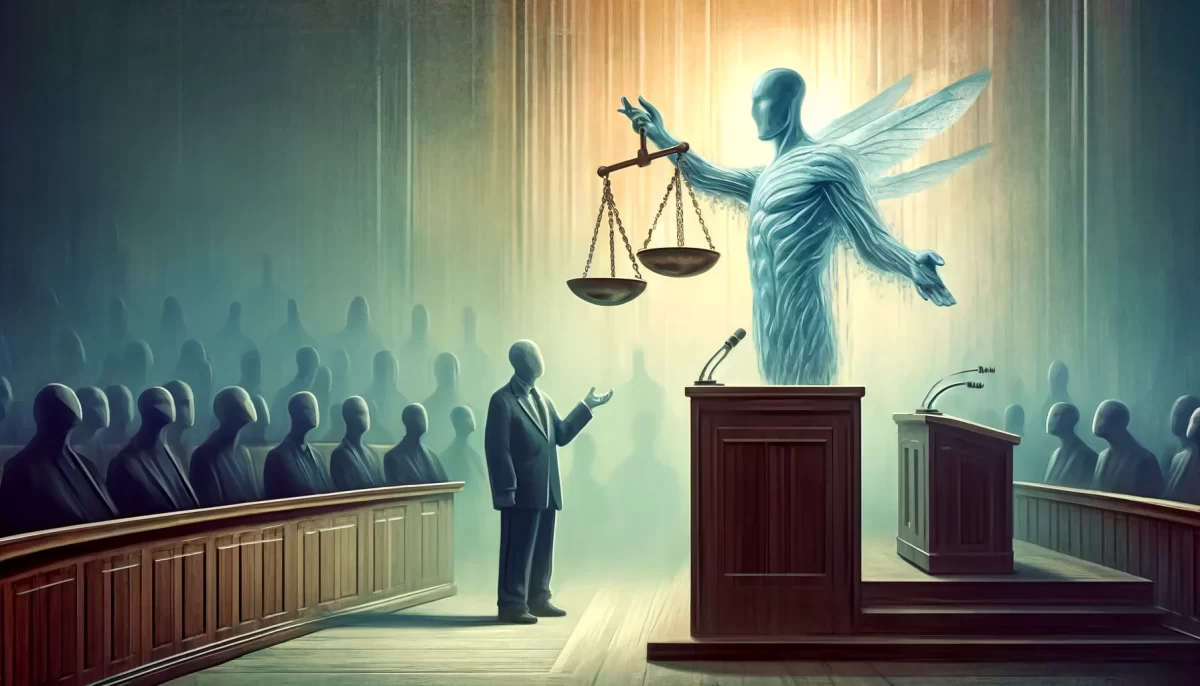

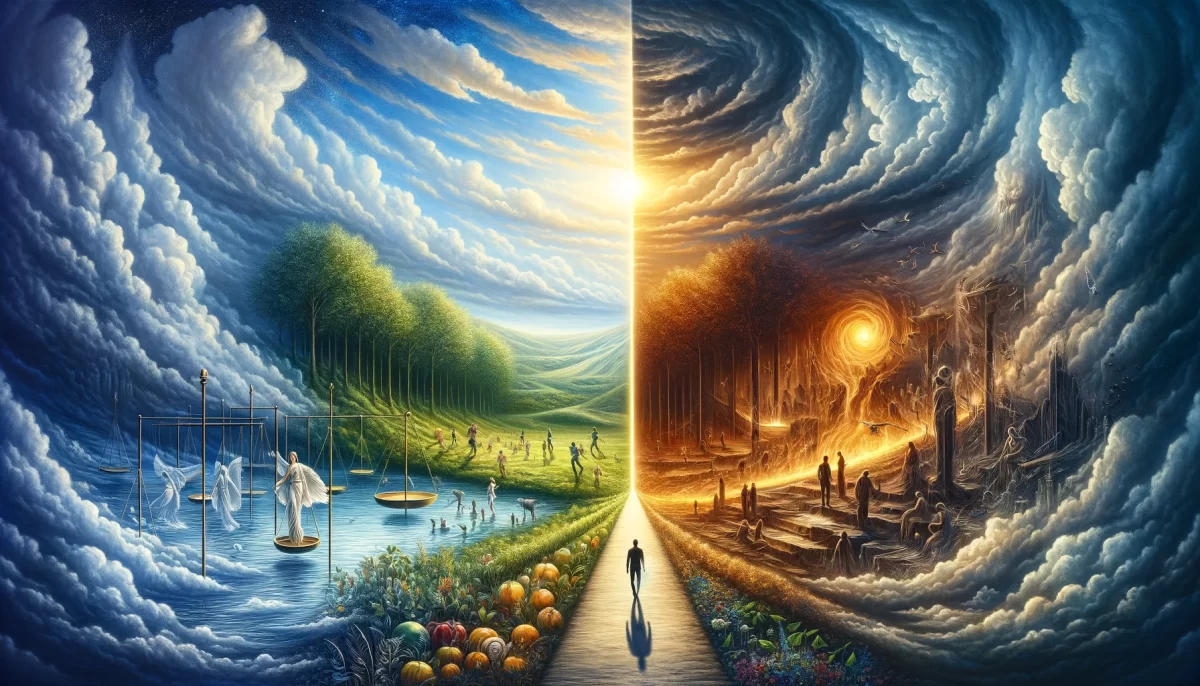
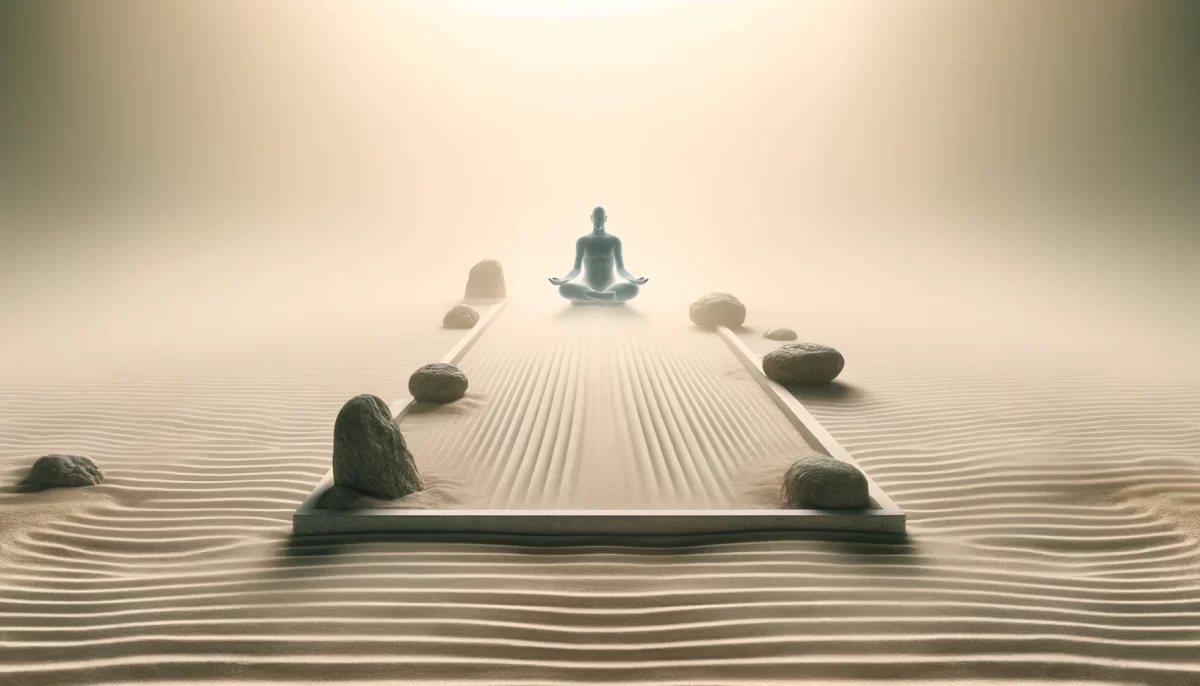
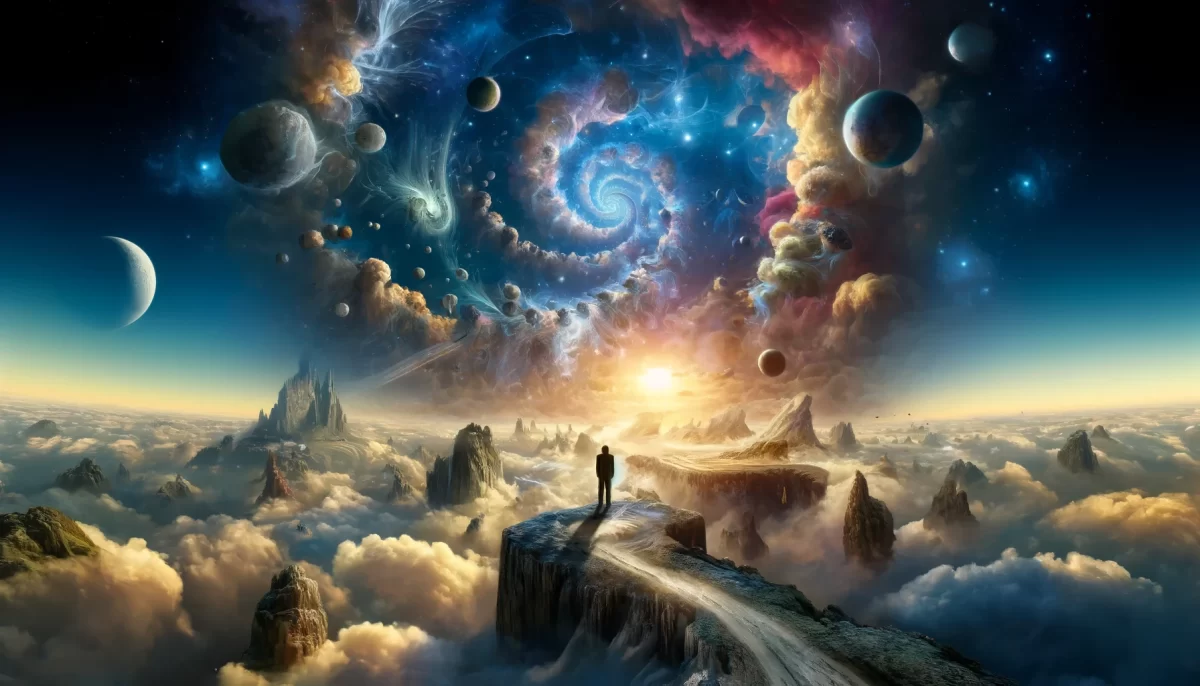
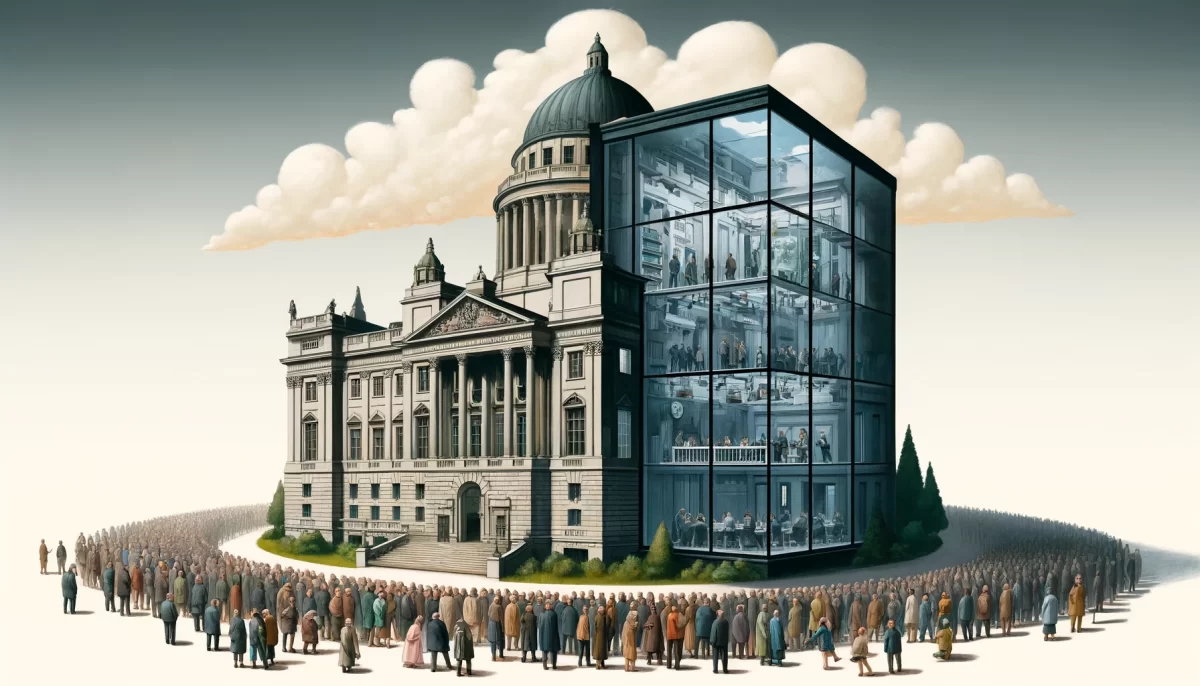

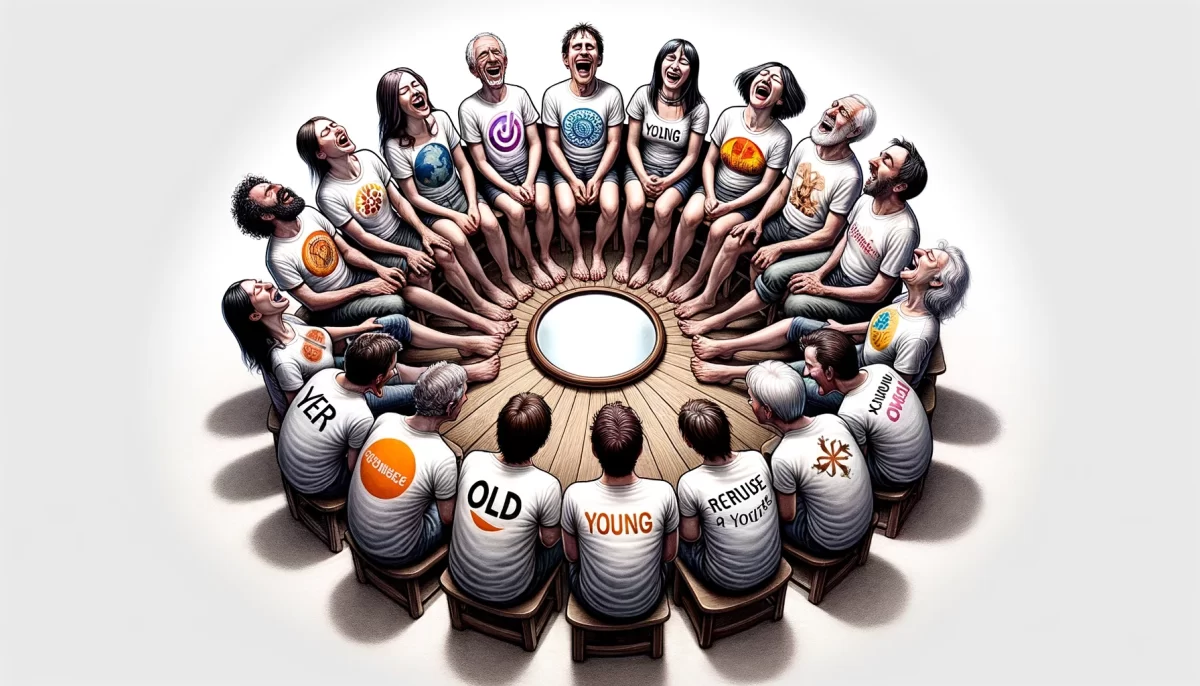
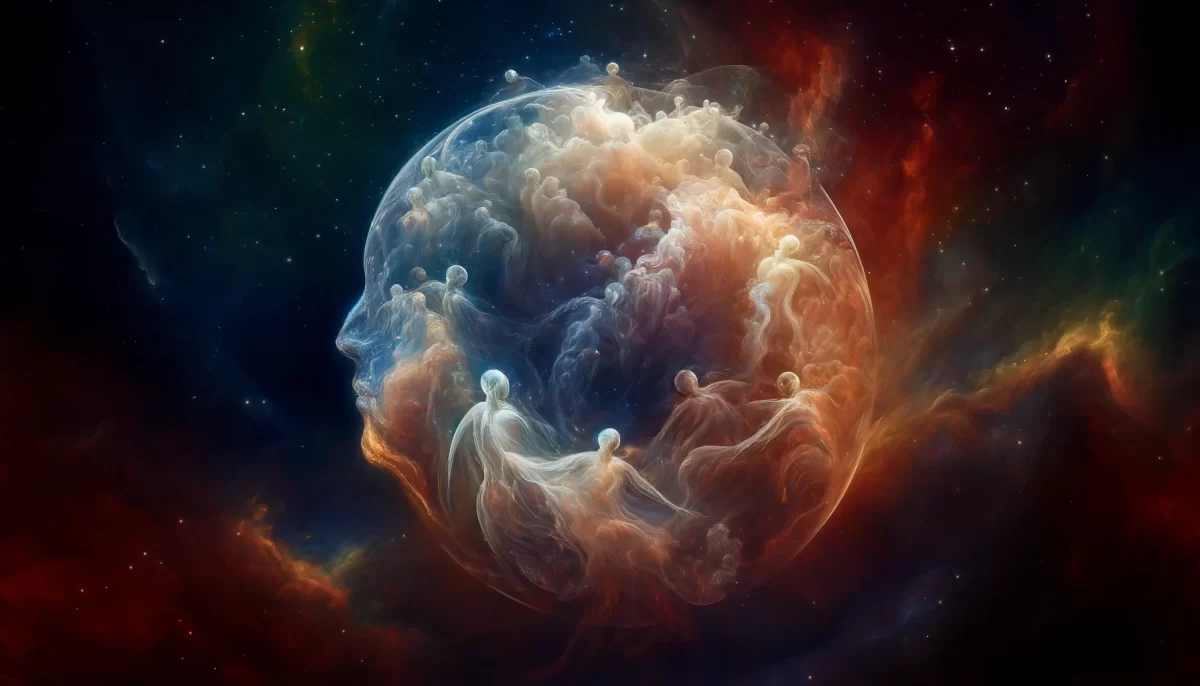
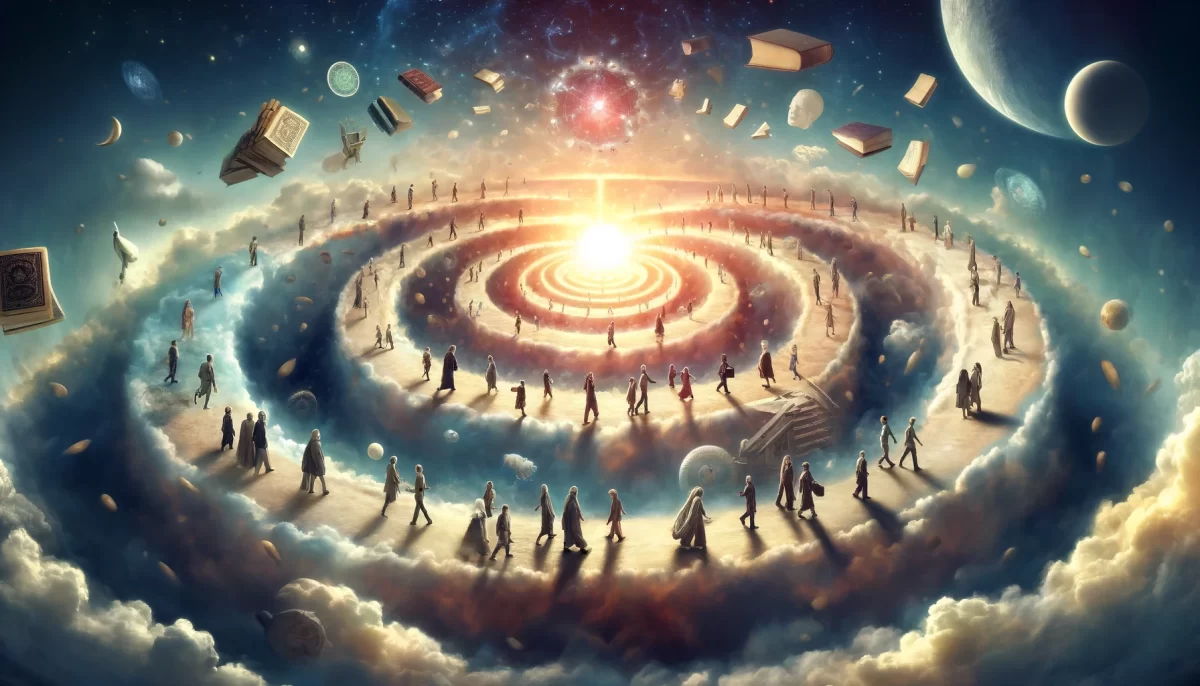
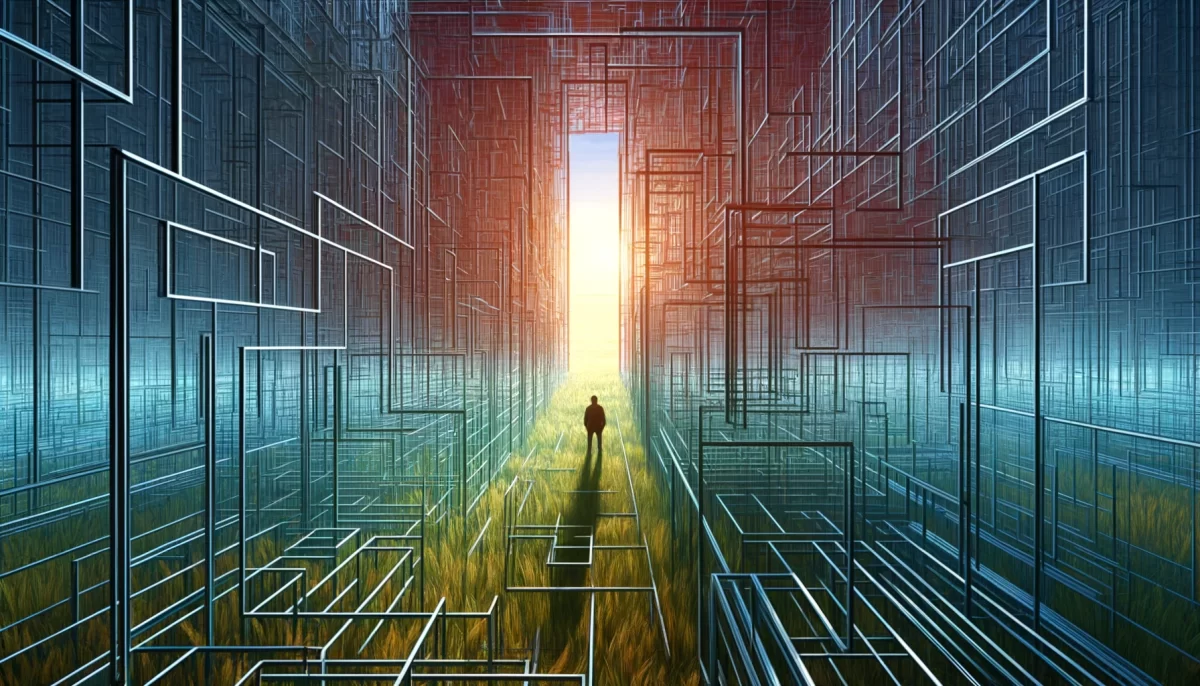
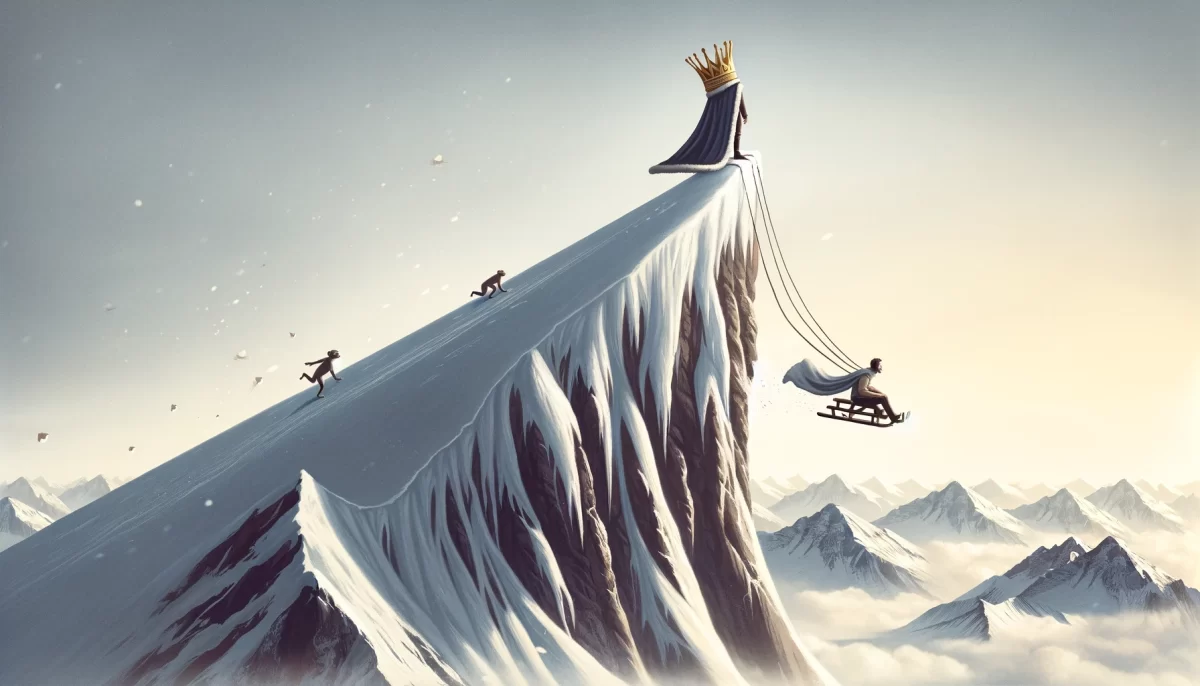
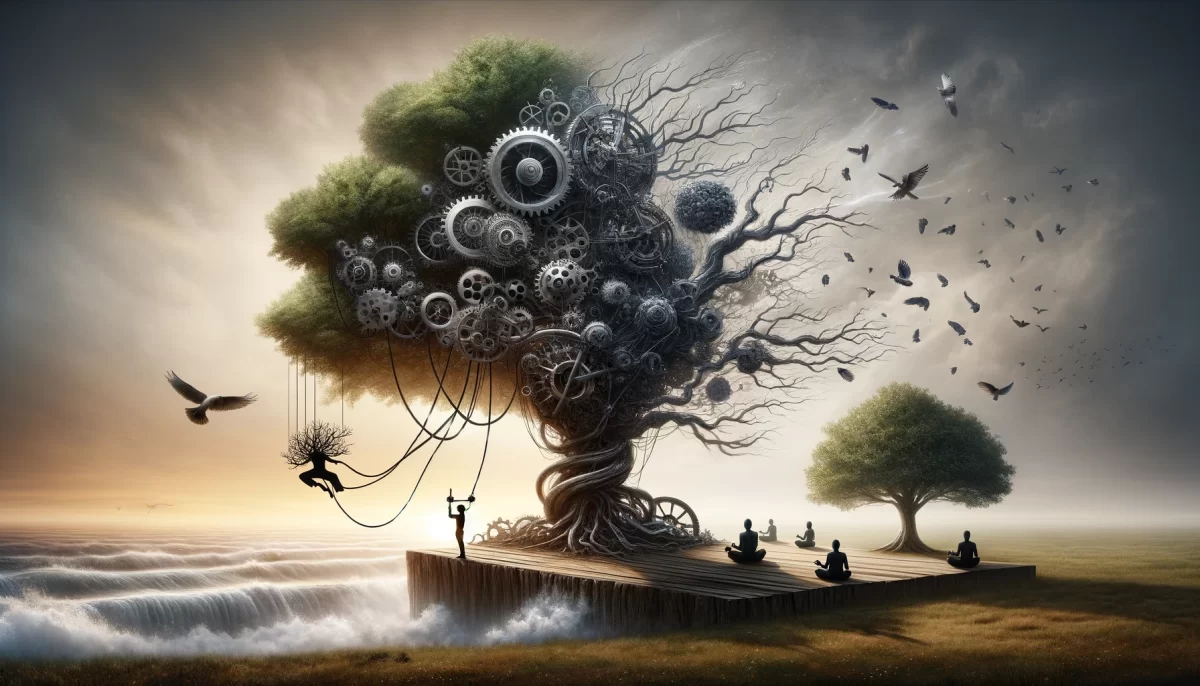

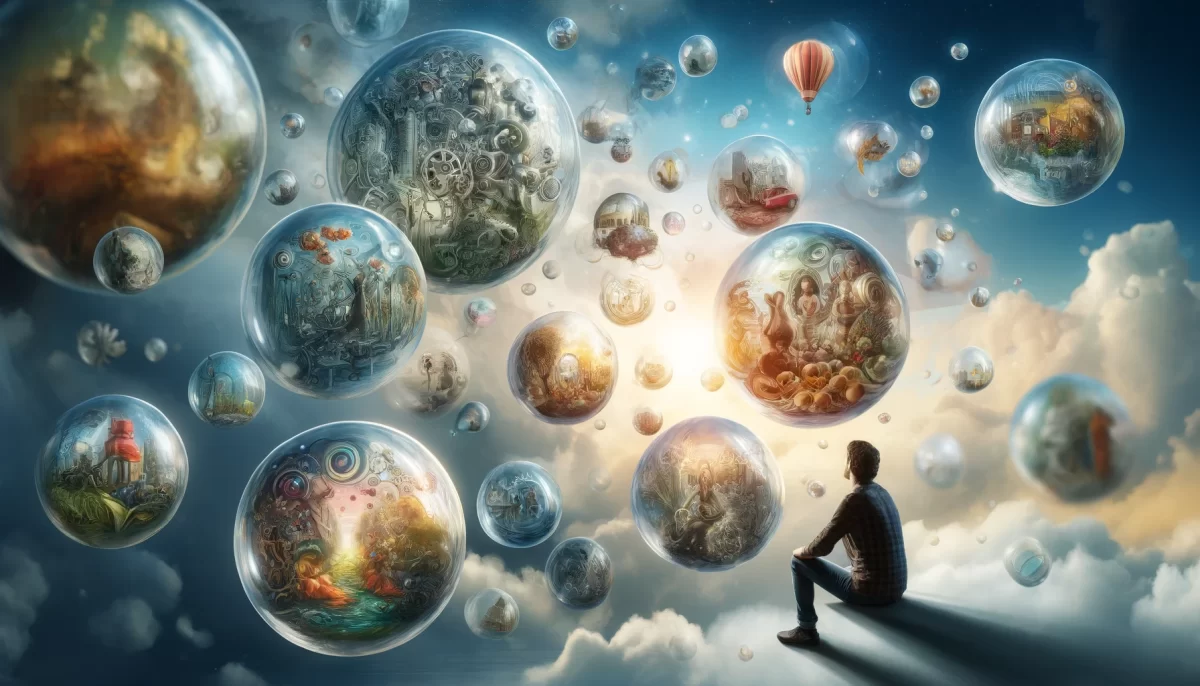
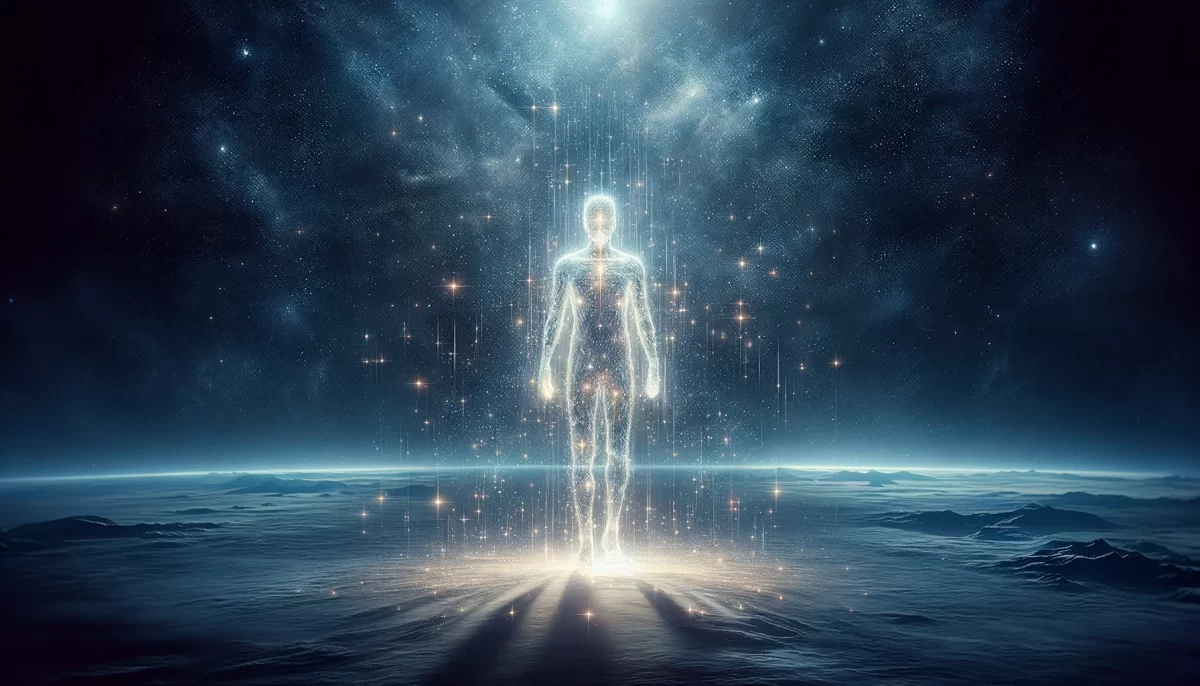
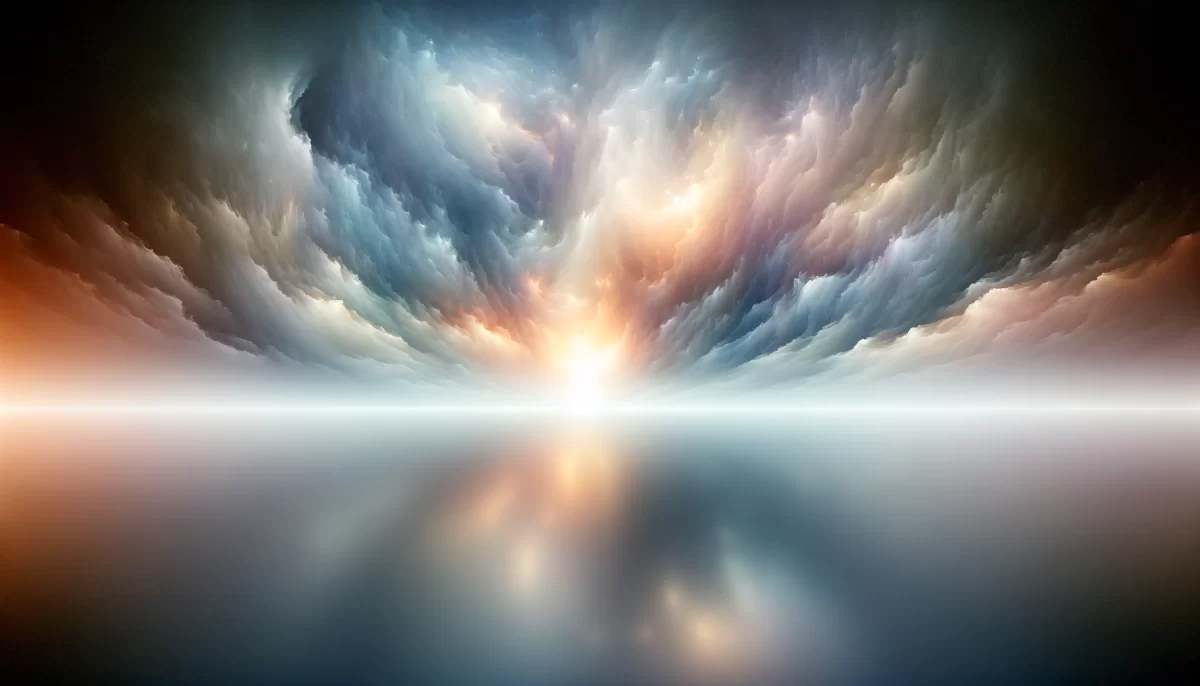



Leave a Reply